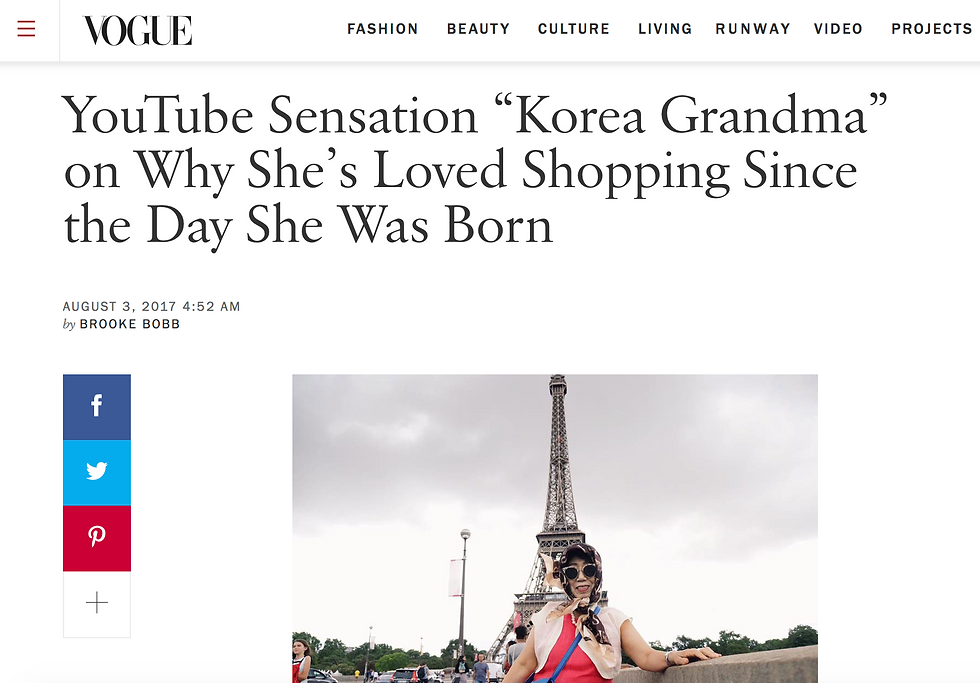Jeong
- J M
- 2016년 1월 20일
- 2분 분량
Jeong is an ambiguous and amorphous concept. There is no word that replaces the meaning of Jeong in Korean vocabulary. Also I can’t find any equivalent English word to Jeong. According to Kim ,
“Jeong encompasses the meaning of a wide range of English terms: feeling, empathy, affection, closeness, tenderness, pathos, compassion, sentiment, trust, bonding and love… Koreans considers jeong an essential elements in human life, promoting the depth and richness of personal relations… With jeong, relationships are deeper and longer lasting… Jeong is what makes us say “we” rather than “I”, “ours” than “mine” (U Kim 1994, cited in Kim 1996, p.14)”.
If someone asks me what jeong means, I probably cannot answer immediately not only in English, but also in Korean. To explain what jeong is not simply thing at least for me. I might say, to know what jeong means should be realised through experiencing Korean culture rather than learning by books or any academic theories.
Jeong is similar to love but jeong is different from love. (see below)

Figure 1. (Kim 1996, p.15)
Jeong is ‘more relational’, ‘more connection-related’, ‘more unconditional’ and ‘less differentiated and more fused (think about ‘Korean collectivism’ that I mentioned in previous post)’ than love according to figure 1 that I attached above.
So, Koreans or ajummas could do gold collection campaign to support Korean economic during IMF because this Korean collectivism led them to feel being woori (we-ness). And being woori (we-ness) was possible because they were connected to jeong with each other.

Thus, they could be ‘woori (we-ness)’ because of having jeong with each other and also they belong to the same group (Korea society).

In Korea, there are various groups and sub-groups. For example, when I was a uni student, I belonged to catholic church group, high school friends group, ski group, uni friends group, English study group, home town friends group etc. Like me, many Koreans belong to various groups and sub-groups because belonging is important for us. And this belonging allows us to have relationships with others to become ‘woori (we-ness)’ and sharing ‘jeong’ with each other. (Think about examples that I’ve posted in previous post, Group Singing is also a good example of ‘woori, jeong and belonging’)
If I apply this theory to the group of ajummas, ajummas can be one of sub-groups of Korean society. They become woori (we-ness) through having jeong with each other and they belong to similar interests, age and gender group. So ajummas could be considered as a kind of sub-groups of Korean society that are intertwined with jeong.
For next post, I will (finally) talk about Smart Ajumma!!




댓글